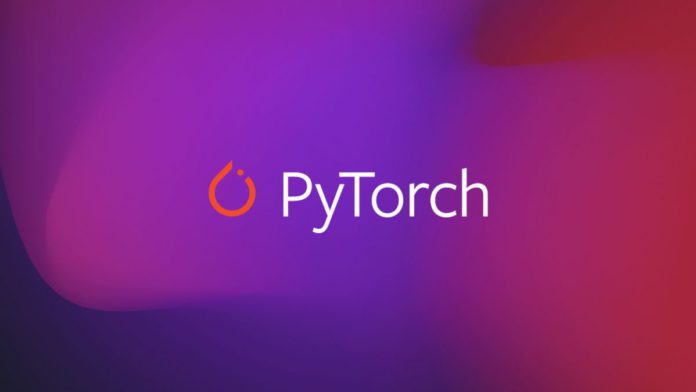Mark Zuckerberg announced that the community-driven artificial intelligence (AI) research framework PyTorch would transition to a newly launched PyTorch Foundation. The latter will be part of the nonprofit Linux Foundation, a technology consortium whose core mission is the collaborative development of open-source software.
Since 2016, when Meta partnered with the AI community to create the PyTorch framework for AI research, open collaboration has been crucial to its success. With thousands of contributors who have built over 150,000 projects on it, PyTorch has become one of the top platforms for research and production across the AI community.
The creation of the PyTorch Foundation will ensure that decisions are made transparently and openly by a diverse group of board members for years to come. The governing body will consist of representatives from AMD, Meta, Microsoft Azure, Amazon Web Services, Google Cloud, and Nvidia to expand further over time.
Read More: GitHub’s AI-Powered Copilot Increases Developer Flow And Satisfaction, Research Finds
PyTorch was built with an open-source, community-first philosophy that will not change with the transition to the Foundation. When researchers and developers open-source their code, others worldwide can share their work, learn from each other’s advances and then contribute back to the AI community.
Meta will continue to invest in PyTorch and use it as the primary framework for its AI research and production. The transition does not render changes to PyTorch’s code, core project, or developer operating models.
In the future, the framework’s contributors will benefit from the robust governance, diverse leadership, and additional investments provided by the new PyTorch Foundation partners. The Foundation will adhere to four principles: remaining open, maintaining neutral branding, staying fair, and forging a solid technical identity. One of its top priorities will be to keep a clear separation between the business and technical governance of PyTorch.


